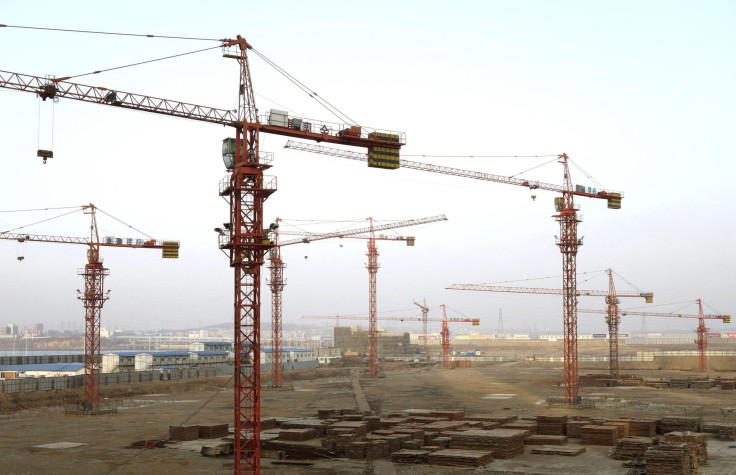China's Jan-Feb Fiscal Income Growth Cools As Economy Slows

(Reuters) - Growth in China's fiscal revenue cooled to its slowest in at least a year between January and February as China's foundering economy dampened tax collection and other key sources of government income.
Fiscal revenue rose 3.2 percent to 2.57 trillion yuan ($410.5 billion) in the first two months of the year, data from the Finance Ministry showed on Monday.
That was far less than an average 8.6 percent gain in fiscal income seen in 2014, and the slackest pace seen in at least a year.
Indeed, a breakdown of the figures showed taxes collected from the real estate sector fell 1.6 percent to 96.5 billion yuan in the first two months of the year as China's housing industry stumbled.
China's cooling housing sector, which accounts for about 15 percent of the Chinese gross domestic product, has been an increasing drag on the world's second-biggest economy as a glut of unsold homes dampened home prices and property investment.
Official data showed property sales in the first two months of 2015 dropped by the most in three years as real estate investment eased.
And in a reflection of the sagging housing sector, government revenue earned from selling state land tumbled 20.9 percent to 391 billion yuan.
Collection of income taxes also dropped 7.1 percent to 164.6 billion yuan, while consumption tax and import value-added tax skidded 9.7 percent to 194.8 billion yuan.
Tariffs also fell 5.3 percent to 40.9 billion yuan as plunging crude oil, iron ore and commodity prices reduced the value of imports.
On the other side of the ledger, fiscal expenditure rose 10.5 percent in the first two months of the year from the year-ago period, outstripping an average rise of 8.2 percent in 2014.
The spike in expenditure was a result of regional governments ramping up their spending to support the faltering economy, the Finance Ministry said.
Government spending on social security and employment climbed 15.6 percent to 331 billion yuan, and expenditure on housing benefits for low-income groups jumped over a fifth to 39.3 billion yuan.
© Copyright IBTimes 2024. All rights reserved.











